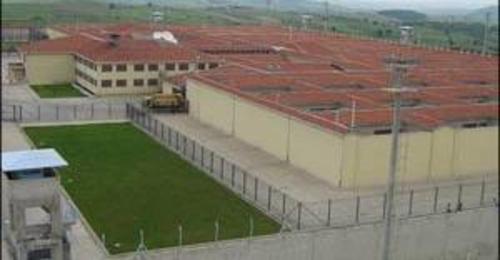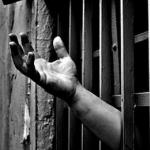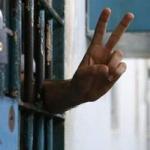The Istanbul branch of the Contemporary Lawyers' Association, in the investigation it carried out in the high-security prisons, has determined that the isolated convicts and prisoners are faced with serious health problems.
Thirty lawyers, who are members of the branch's Prisons' Commission, visited, at different times, the Tekirdag 1 and 2 F- Type , Edirne F- Type and Kandira 1 and 2 F-Type prisons and spoke with about 200 prisoners and convicts.
Problems
According to the report,
* The circular, which was issued in 2007 following the protests of the relatives of the prisoners, and which allows the prisoners to have 10 hours of conversation with 10 people per week, is yet to be implemented. On the other hand, the circular's provisions on sending and transfers have been implemented.
* There is an increase in the number of ill prisoners and convicts, who are at the verge of death.
* The complaints of the prisoners and convicts may get lost during investigations. The complainants may be faced with arbitrary disciplinary inquiries. They are not given the opportunity of effective defence.
* All appeals made to the Judge of Execution or Heavy Penalty Courts against disciplinary decisions are rejected citing groundless reasons. Hundreds of cases have been taken to the European Court of Human Rights because of these groundless decision of rejection.
* All official complaints about maltreatment and torture end with a decision of lack of grounds for legal action.
* Sending and receiving letters, communicating with their relatives and meeting rights, which enable the prisoners and convicts to communicate with the outside world, and their basic rights such as the right to political and cultural development, education, and to receive information become inapplicable due to disciplinary penalties.
Suggestion of "Prison Monitoring Boards "
The Contemporary Lawyers' Association, in its report, suggested that the circular issued three years ago is fully implemented. It also demanded that the necessary procedures to free the ill prisoners, whose treatments cannot be given as necessary in the prison, are finalised urgently.
The Association also suggested that "Prison Monitoring Boards" comprised of Non-Governmental Organisations and rights activists are established; the complaints of the prisoners and convicts are effectively investigated and necessary mechanisms are established to prevent arbitrary disciplinary penalties. (EU/EA)






